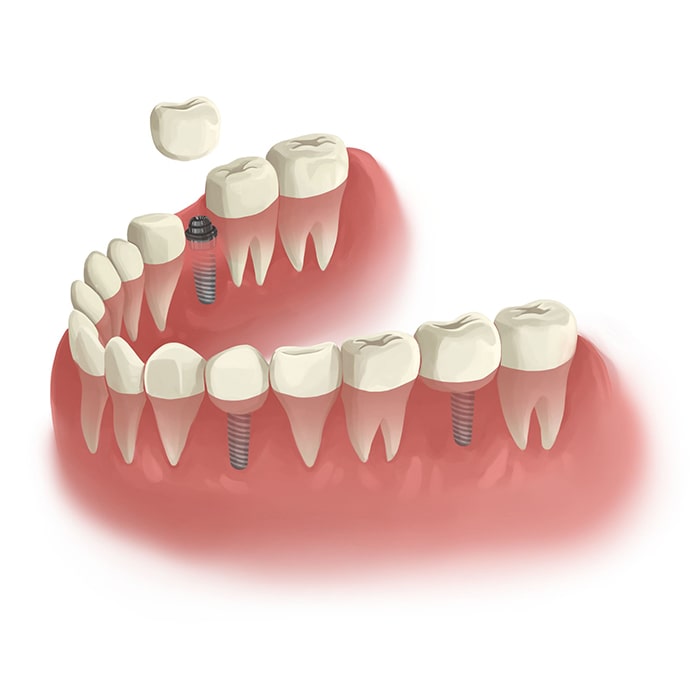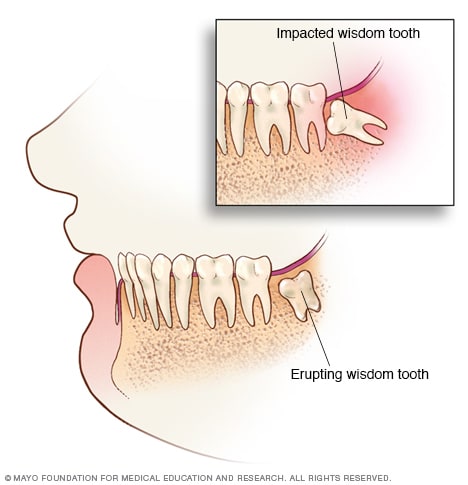Dental Experts
Dental Experts
Blog Article
Discovering Various Sedation Options for a Comfortable Wisdom Pearly Whites Removal Experience

Regional Anesthetic
Regional anesthetic is a commonly utilized approach for numbing certain areas of the mouth throughout wisdom teeth extraction treatments. By providing an anesthetic, such as lidocaine, a dental expert can ensure that the individual stays comfortable and pain-free throughout the removal process. Neighborhood anesthesia jobs by temporarily blocking the nerves in the mouth, preventing them from sending out discomfort signals to the mind. This permits the dental practitioner to perform the removal without creating any type of pain to the client.
Among the primary benefits of regional anesthesia is its targeted numbing effect, which suggests that only the particular area being treated is impacted. This local approach minimizes the risk of systemic negative effects and enables a quicker recovery post-procedure. wisdom teeth removal aspendale. Furthermore, neighborhood anesthetic is considered to be a safe and regular method in dental care, with minimal risks entailed when carried out by a trained specialist
Nitrous Oxide

Furthermore, laughing gas is known for its fast recuperation time. Once the mask is eliminated, the effects of the gas diminish rapidly, allowing clients to resume their normal tasks without remaining sedative results. This makes nitrous oxide a convenient option for those who require to drive themselves home after the oral consultation. Nitrous oxide is appropriate for individuals of all ages, making it a flexible sedation alternative for wisdom teeth removals and various other oral procedures.
Oral Sedation

Among the primary benefits of dental sedation is its simplicity of management. Unlike intravenous sedation, dental sedation does not require injections or needles, making it an extra comfy alternative for people with a fear of needles. Additionally, dental sedation is considered efficient and secure when carried out by skilled dental experts. It is important for patients to adhere to pre-operative directions supplied by their dental professional, such as refraining from consuming alcohol or consuming before the procedure to make certain the sedative medication works as meant.
IV Sedation
Provided intravenously by qualified physician, IV sedation is a powerful approach used to cause a regulated state of deep relaxation and unconsciousness throughout dental procedures. Unlike oral sedation, which anchor can be unpredictable in its impacts, IV sedation enables exact control over the degree of sedation, making it a suitable option for complicated treatments like knowledge teeth extractions.
During IV sedation, a sedative medication is supplied directly into the bloodstream through a capillary, enabling it to work rapidly and effectively. This approach guarantees that the individual remains comfortable and not aware of the procedure while still maintaining vital features such as breathing and heart rate.
Among the primary benefits of IV sedation is its capacity to offer a deeper level of sedation contrasted to other techniques, making it particularly suitable for patients with high degrees of anxiety or those undergoing considerable dental job. Furthermore, the effects of IV sedation typically subside gradually after the treatment, reducing the chance of grogginess or sticking around adverse effects. On the whole, IV sedation uses a secure and effective choice for guaranteeing a comfy and hassle-free experience during wisdom teeth removal.
General Anesthesia
Having actually gone over the benefits of IV sedation for knowledge teeth removal, the application of general anesthetic supplies a different choice for individuals needing a much deeper degree of unfamiliarity during dental treatments. General anesthesia generates a controlled state of unconsciousness, making certain the client feels no discomfort or pain during the extraction procedure. This approach is particularly advantageous for people with extreme oral anxiety, complex medical requirements, or those undertaking numerous removals concurrently.
General anesthetic is carried out by an experienced anesthesiologist who link carefully keeps track of the person's essential signs throughout the treatment. It entails making use of intravenous drugs or inhaled gases to cause a state of unfamiliarity. While under basic anesthesia, the client will certainly not be mindful of the surgical procedure, experience any kind of discomfort, or have any kind of recollection of the treatment later.
Although basic anesthetic is safe when carried out by certified specialists, it lugs a somewhat higher risk compared to other sedation options. wisdom teeth removal aspendale. Individuals taking into consideration general anesthetic for wisdom teeth extraction need to discuss the potential dangers and benefits with their dental professional or oral doctor to make an educated decision based upon their individual requirements and case history
Verdict
In conclusion, various sedation choices are available to guarantee a comfortable knowledge teeth removal experience. Dental sedation and IV sedation offer deeper degrees of relaxation, depending on the patient's requirements.
Nitrous oxide is suitable for clients of all ages, making it a flexible sedation choice for wisdom teeth removals see this here and other oral procedures.
Unlike intravenous sedation, oral sedation does not require shots or needles, making it a much more comfy option for individuals with an anxiety of needles.One of the key benefits of IV sedation is its capacity to supply a deeper level of sedation compared to various other approaches, making it specifically appropriate for clients with high levels of anxiousness or those undertaking comprehensive dental job.Having actually gone over the advantages of IV sedation for wisdom teeth removal, the utilization of general anesthetic provides an alternative choice for clients needing a deeper degree of unconsciousness throughout oral procedures. Dental sedation and IV sedation offer much deeper levels of leisure, depending on the person's demands.
Report this page